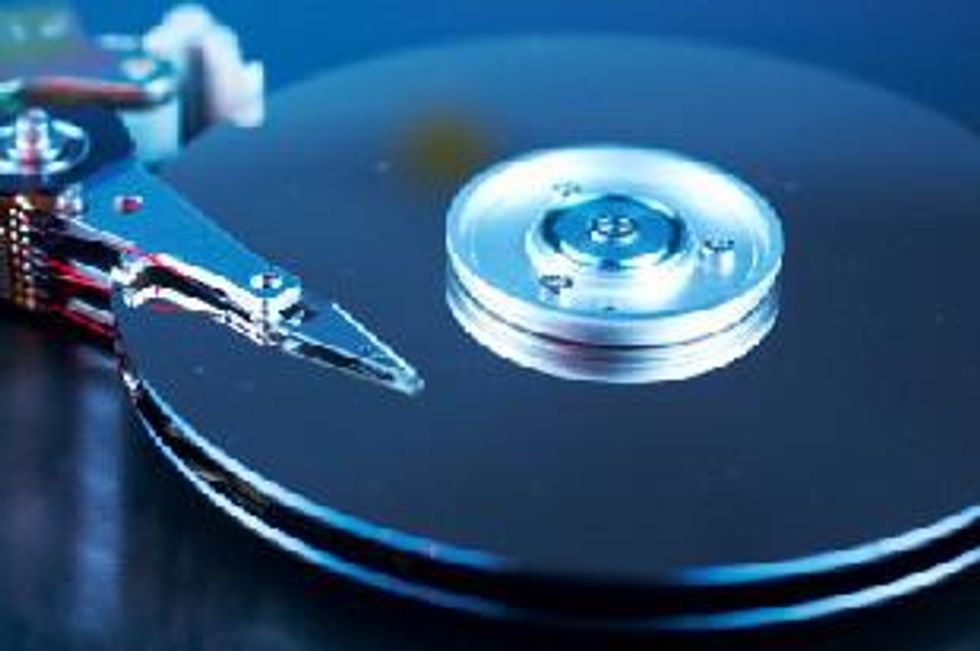Cobalt Technology Cuts Electric Consumption by Computers
Researchers find way to use cobalt to greatly cut the amount of electricity used by memory devices.
By Karan Kumar – Exclusive to Cobalt Investing News
A researcher at Kyoto University has developed a way to save electricity by using cobalt, and his work is already drawing interest from companies which make magnetic devices used in a variety of applications, such as hard disks, computers and speakers.Daichi Chiba, an assistant professor, told Cobalt Investing News that in his research, conducted with other experts, he covered a 0.4-nanometer-thick layer of cobalt with an insulating film and applied 10-volt electricity to it to record changes in its magnetic poles. He found that the cobalt completely lost its magnetism when minus voltage was applied.
He explained that electric current is passed through magnets in hard disks so that they can register and process data. Using cobalt – an iron group element with magnetic properties like iron and nickel – to create a technology that can basically turn computer memory devices on and off without virtually any electrical power is “significant,” he said.
“In conventional magnetic devices, such as an electromagnet, we have to apply electric current to it to generate magnetic force,” he said, adding that this makes the device hot as it consumes “consumes wasteful energy as thermal energy. In our device, we don’t need to apply electric current. Only voltage is applied between a gate electrode and the cobalt layer. There is an insulator layer between them, so almost no electric current flows.”
According to Energy Star, an initiative of the US Environmental Protection Agency and the US Department of Energy, if every home office product purchased in the United States this year met its requirements, the country could save $100 million in energy costs and more than 900 million kilowatt hours of electricity. The amount of energy saved would prevent 1.4 billion pounds of greenhouse gases – equivalent to emissions from 125,000 cars – from being emitted into the atmosphere.
Chiba said using cobalt allows the structure of a magnetic device to be similar to that of a capacitor. “Current flows only when electric charge is discharged and charged, but this is negligibly small. Thus, we can electrically switch on and off magnetic force generated from cobalt without applying electric current at room temperature. When information is written, we have to apply electric current to generate magnetic field and to switch the magnetization direction of an element. Our technology may open up an entirely new route to realize electrical writing method without using electric current.”
Chiba, whose findings were published in British science journal “Nature Materials” in early October, worked with three other researchers from Kyoto University and two from NEC Corp., a Japanese multinational which operates in the IT and network solutions and electronic devices sectors.
The findings of this study could help companies, such as NEC, which develop hard disks, random access memory, semiconductor memory, and other magnetic devices such as speakers and electric transformers, create devices which could help consumers save money through reduced power usage.
Asked whether any investors or companies have shown any interest in acquiring this technology, he said: “No, not yet. But we are collaborating with NEC. Several persons from company called me, but just asked some questions about the mechanism of our result.”

